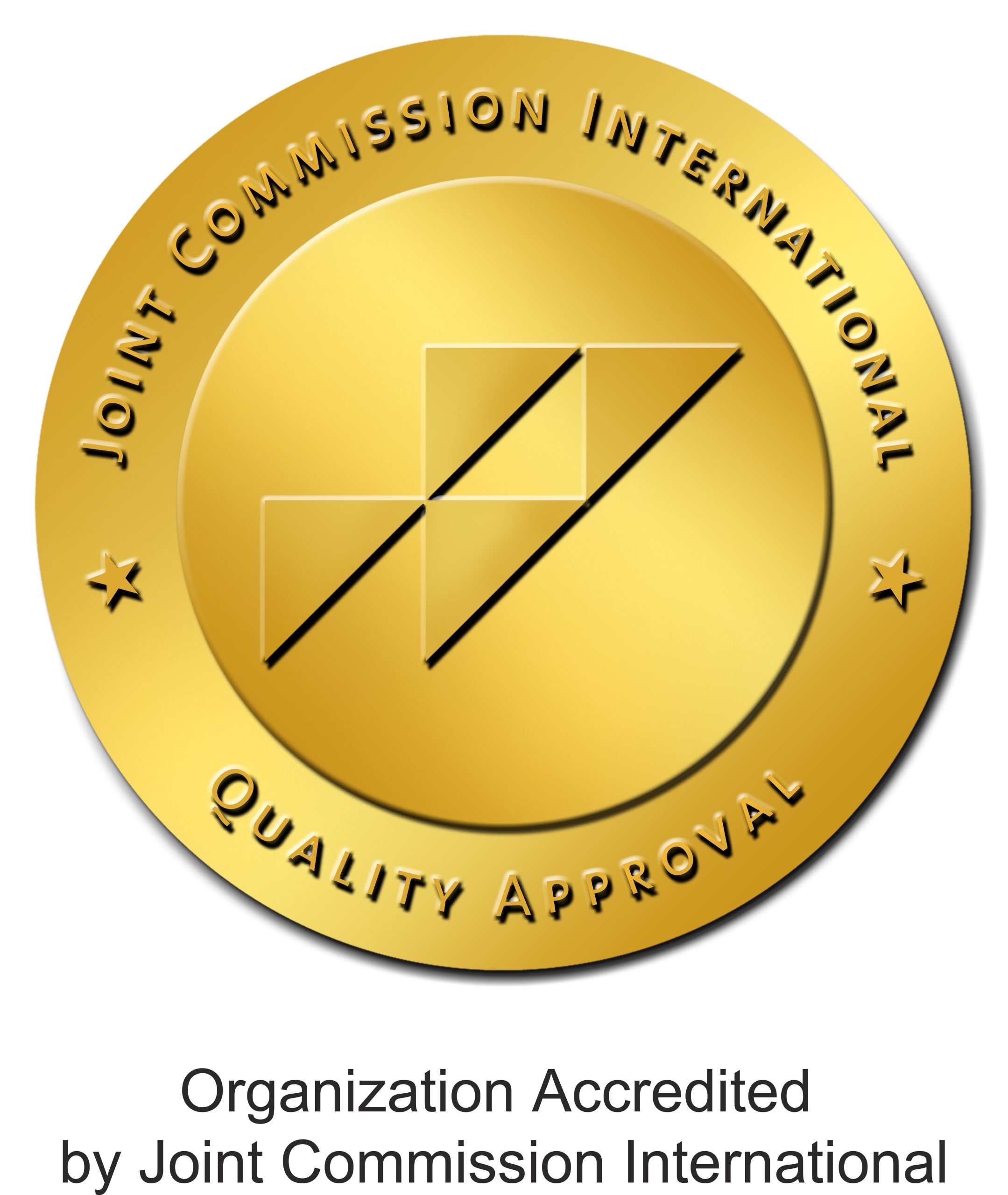Dependent Personality Disorder (of the group of anxious personality disorders) is a personality disorder that is characterized by a pervasive psychological dependence on other people. DPD is often marked by feelings of helplessness, submissiveness, and a need to be taken care of, as well as a need for constant reassurance and an inability to make decisions. Also, the individual may go to extreme lengths to obtain support from others and has an unrealistic fear of being abandoned.
DPD is one of the most frequently diagnosed personality disorders, occurring equally in men and women, and usually appearing in early to middle adulthood. However, the difference between a ‘dependent personality’ and a ‘dependent personality disorder’ is somewhat subjective, which makes a diagnosis sensitive to cultural influences such as gender role expectations.
Symptoms
- Emotional dependency on others
- Inability to make decisions advice and reassurance from others
- Avoidance of personal responsibility and positions of responsibility
- Needy, passive, clingy behavior
- Go out of their way to please others, placing needs of their caregivers above their own
- Intense fear of abandonment and separation
- Sense of devastation or helplessness when relationships end often followed by quick transition into another relationship
- Over-sensitivity to criticism
- Pessimism and lack of self-confidence (often have belief that they cannot care for themselves)
- Avoid disagreeing with others out of fear of losing support or approval
- Inability to start projects
- Difficulty being alone
- Willingness to tolerate mistreatment and abuse from others
- Tendency to be naïve and to live in fantasy


